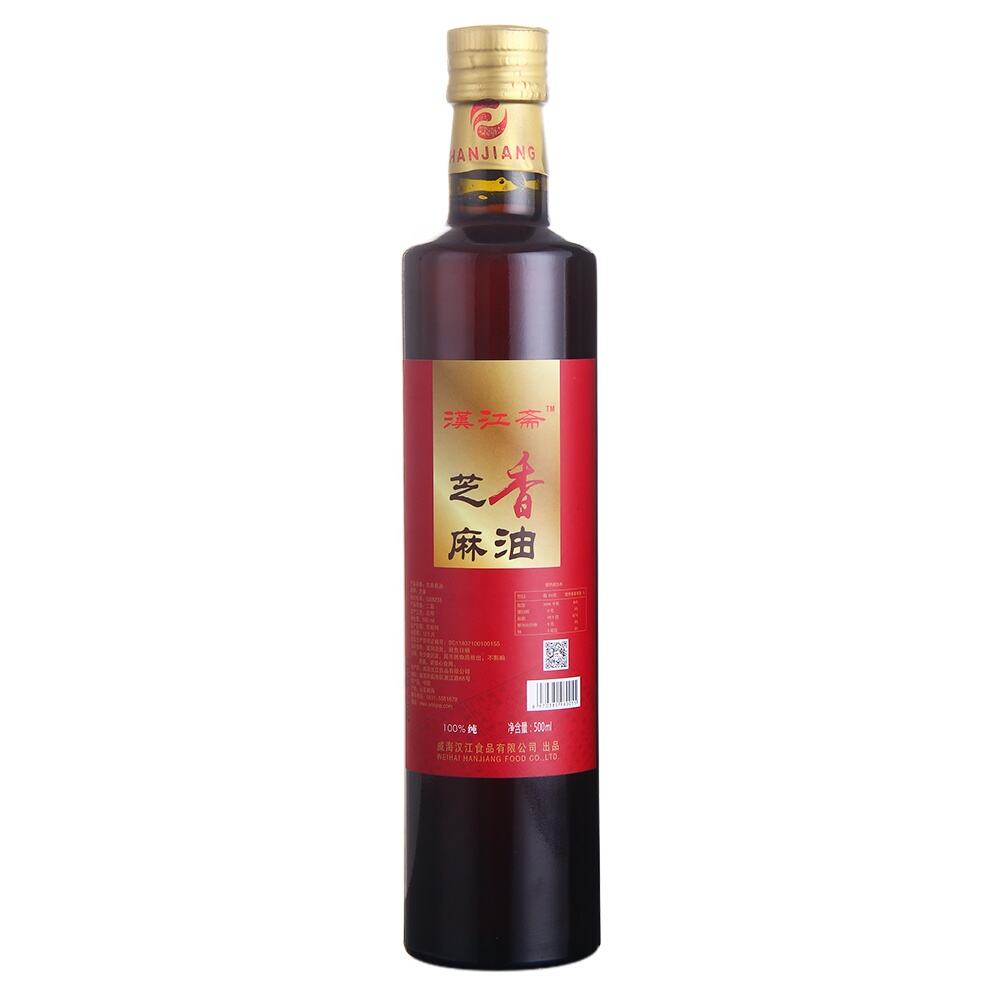Understanding the Superior Heat Properties of Peanut Oil
Professional chefs and home cooks alike have long recognized peanut oil as a premier choice for high-temperature cooking applications. This versatile cooking oil, extracted from premium peanut kernels, possesses unique characteristics that make it exceptionally well-suited for methods like deep frying, stir-frying, and searing. Its remarkable stability at high temperatures, combined with its light, neutral flavor profile, has earned it a distinguished place in kitchens worldwide.
The Science Behind Peanut Oil's Heat Stability
Chemical Composition and Smoke Point
Peanut oil stands out among cooking oils due to its impressive smoke point of approximately 450°F (232°C). This high smoke point is attributed to its unique molecular structure and favorable fatty acid composition. The oil contains a balanced mix of monounsaturated, polyunsaturated, and saturated fats, which contribute to its exceptional stability when heated. Unlike oils with lower smoke points, peanut oil maintains its integrity even at intense temperatures, preventing the formation of harmful compounds.
The molecular stability of peanut oil means it resists breaking down or degrading during high-heat cooking processes. This resistance to degradation not only ensures better-tasting food but also makes the oil more economical, as it can be reused multiple times when properly filtered and stored.
Antioxidant Properties and Heat Resistance
Peanut oil contains natural antioxidants, including vitamin E and phytosterols, which help protect the oil from oxidation during heating. These compounds act as protective shields, preventing the formation of free radicals and maintaining the oil's structural integrity even under intense heat stress. This antioxidant content contributes significantly to the oil's extended shelf life and its ability to withstand repeated heating cycles.
The presence of these beneficial compounds also means that foods cooked in peanut oil retain more of their nutritional value, as the stable cooking environment helps preserve heat-sensitive vitamins and minerals.
Culinary Applications and Advantages
Deep Frying Excellence
In the realm of deep frying, peanut oil truly excels. Its high smoke point allows for the perfect crispy exterior while ensuring food remains tender and moist inside. When used for deep frying, peanut oil creates a clean, golden-brown finish without any greasy residue. This makes it particularly popular in commercial kitchens and restaurants where consistent, high-quality results are essential.
The oil's ability to maintain stable temperatures throughout the cooking process ensures even cooking and helps prevent the absorption of excess oil into the food. This results in lighter, less greasy fried foods that retain their natural flavors without being overwhelmed by the cooking medium.
Stir-Frying and High-Heat Sautéing
Asian cuisine, particularly wok cooking, has long relied on peanut oil for its superior heat conductivity and flavor-preserving properties. The oil quickly reaches and maintains the high temperatures necessary for proper stir-frying, allowing ingredients to cook rapidly while retaining their texture and nutritional value. Its light, clean taste complements rather than competes with the natural flavors of vegetables, meats, and aromatics.
When used for sautéing, peanut oil creates an excellent medium for developing complex flavors and achieving the desired caramelization of ingredients. The oil's stability ensures that delicate flavors are enhanced rather than masked, making it ideal for dishes where subtle taste nuances matter.
Health and Nutritional Considerations
Beneficial Fatty Acid Profile
Beyond its cooking properties, peanut oil offers several health benefits due to its balanced fatty acid composition. The oil is rich in monounsaturated fats, similar to those found in olive oil, which are associated with heart health benefits. It also contains essential fatty acids that support various bodily functions and contribute to overall wellness.
The presence of plant sterols in peanut oil may help in reducing cholesterol absorption, while its vitamin E content provides antioxidant protection at the cellular level. These nutritional attributes make it a healthier choice for high-temperature cooking compared to oils with less favorable fatty acid profiles.
Allergen Awareness and Safety
While highly refined peanut oil is generally considered safe for individuals with peanut allergies due to the removal of proteins during processing, it's essential to exercise caution and consult healthcare providers. Cold-pressed or gourmet peanut oils may retain allergenic proteins and should be clearly labeled as such. Professional kitchens and home cooks should always inform diners when peanut oil is used in food preparation.
Frequently Asked Questions
How long can peanut oil be stored after use?
When properly filtered and stored in an airtight container in a cool, dark place, used peanut oil can last up to six months. Always check for any signs of rancidity before reuse, such as off odors or changes in color.
Is peanut oil more expensive than other cooking oils?
While peanut oil may have a higher initial cost compared to some common cooking oils, its ability to be reused multiple times and its superior performance in high-temperature cooking often make it more economical in the long run.
Can peanut oil be used for low-temperature cooking?
Yes, peanut oil is versatile enough for all cooking temperatures, though its primary advantage lies in high-heat applications. For low-temperature cooking, you might consider more cost-effective alternatives unless you particularly enjoy peanut oil's subtle nutty flavor.

 EN
EN
 DA
DA
 AR
AR
 NL
NL
 FI
FI
 FR
FR
 DE
DE
 EL
EL
 HI
HI
 IT
IT
 JA
JA
 KO
KO
 NO
NO
 PL
PL
 PT
PT
 RU
RU
 ES
ES
 SV
SV
 TL
TL
 ID
ID
 SR
SR
 UK
UK
 VI
VI
 HU
HU
 TH
TH
 TR
TR
 FA
FA
 AF
AF
 MS
MS
 GA
GA
 MK
MK
 HY
HY
 KA
KA
 BN
BN
 LA
LA
 MN
MN
 NE
NE
 MY
MY
 KK
KK
 UZ
UZ
